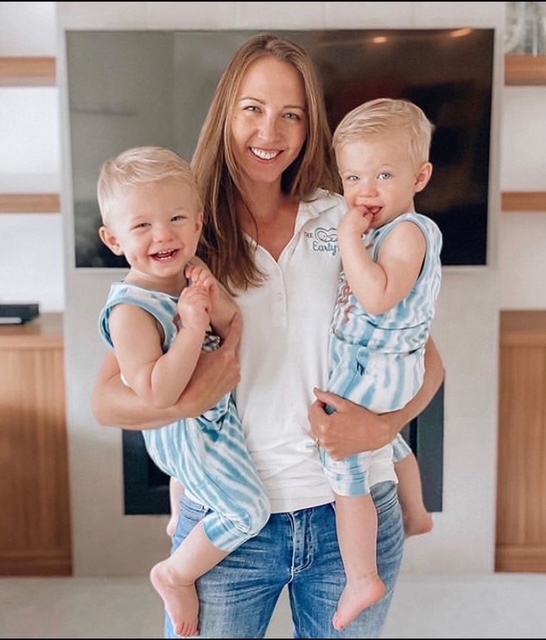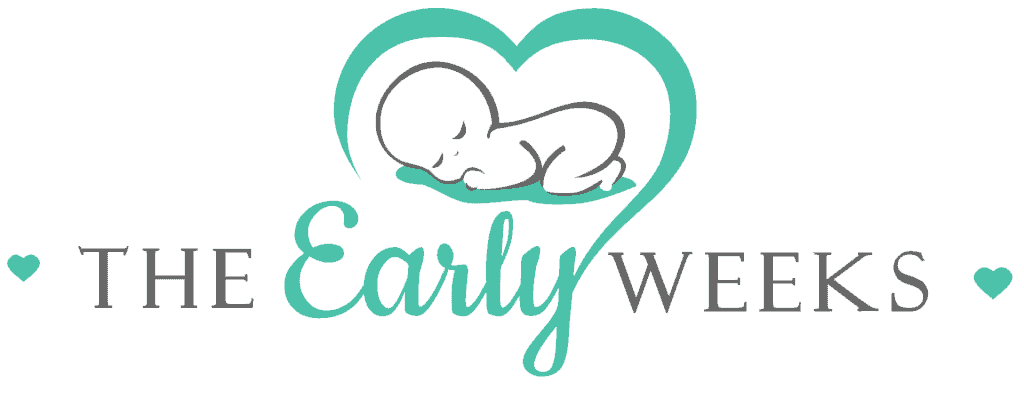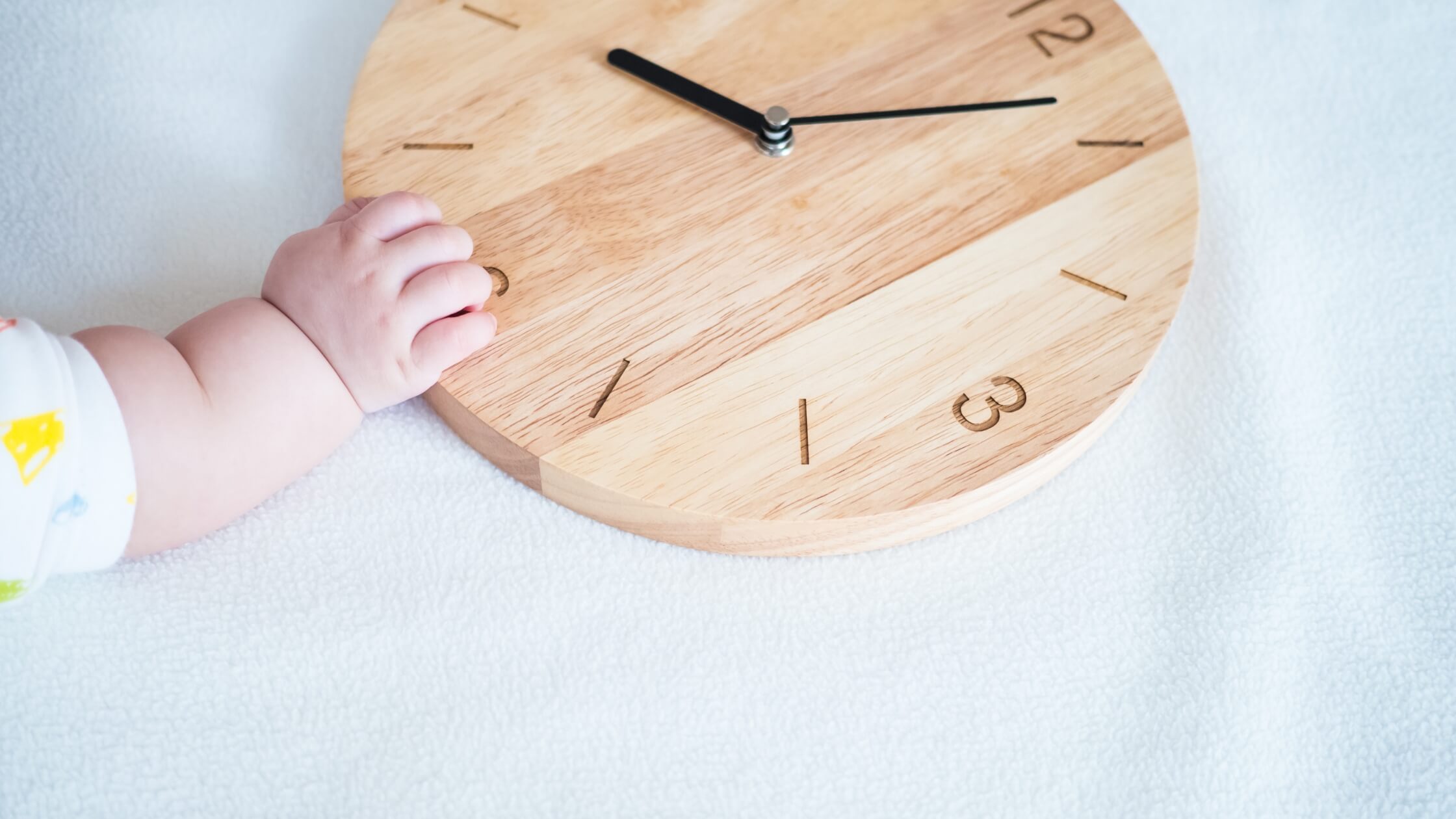The concept of a strict set “bedtime” is something more relevant to parents of older children, but what if we told you that some parents have been finding success with setting a “strict” bedtime for their 6 week old infants? It’s like Flaming Hot Cheetos, what seems crazy to one person, is delicious or even sensible to another. In today’s article, we’re going to explore the concept of setting bedtimes for your baby and whether or not it is right for you and your family’s specific needs. If you have your own experience with this or know someone who has, we’d love to hear it! Share it in the comments or on social media.
When should a baby start having a bedtime?
Babies’ sleep patterns mature over time. Newborns often have a flexible bedtime range based on their natural rhythms, typically between 9pm and 11pm. By around 6-8 weeks of age, and as their circadian rhythm develops, bedtime may (and should) start to shift earlier. Often we are helping our client families work towards a more biologically appropriate bedtime between 6pm and 8pm.
All in all, you have to pay attention to your individual child’s rhythms and needs so that you can start establishing a bedtime hour and routine that is best for you.
Benefits Of An Earlier Bedtime For Babies
Here are some benefits to consider when determining the sleep and bedtime schedule for your child.
- Encourages predictability:
- A set bedtime each evening helps parents and children know what to expect each evening, making the start of the cycle a clear signal of what is to happen in the next few hours.
- Can reduce parental burnout:
- Having a set bedtime routine and a potentially longer sleep cycle for your baby means that you may have some more “downtime” or precious time in which you are not having to directly interact with your baby (because they are sleeping).
- Establishing cues is the key to success and longer sleep times:
- Consistent sleep cues like baths, books, and lullabies help make things easier for the baby to get invested into the bedtime routine.
- Earlier bedtime can mean longer overnight sleep cycles:
- Surprisingly, I have found in my experience that many babies do better with the bedtime moving earlier around the 6-8 week mark. I have seen dozens of babies do fantastic with ~7:30pm bedtime and 7am wake for the day.
Before You Go
We hope you enjoyed learning about setting a specific bedtime for your baby. If you would like to know more about this, our sleep learning, consulting or training programs or any of our excellent newborn care services, we are happy to help. Just contact us and we can go over your options and help you find the best path for your little one.
We hope these tips have helped you along your journey. If you have any questions about helping your baby to sleep better, or about your baby in general, please reach out to us HERE. We are experts in all things baby and sleep and would love to help!

Katie B.
Expertise You Need:
- Certified Master Pediatric Sleep Consultant
- Certified Advanced Newborn Care Specialist (2016-2022)
- Board Certified Holistic Healthcare Practitioner
- 16 years professional childcare experience
- Certified Postpartum Doula (2015-2022)
- Travel & ROTA Nanny
Katie has over 16 years experience working with children of all ages. As a Pediatric Sleep Consultant and Newborn Care Specialist, she has professionally supported families and babies worldwide over the last 10 years. Her mission is to help the entire family unit get better sleep, utilizing a holistic approach that supports the baby or child’s natural biologic drive to sleep. She has personally served hundreds of families, holds 20,000+ hours exclusively caring for infants & babies and has 69+ 5-⭐️ Google reviews.

